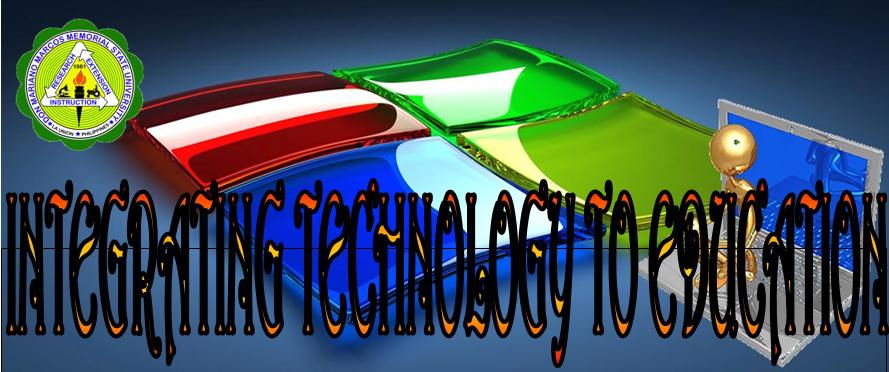 Educational technology is a wide field. Therefore, one can find many definitions, some of which are conflicting. Educational technology can be considered either as a design science or as a collection of different research interests addressing fundamental issues of learning, teaching and social organization. Nevertheless, there are a few features on which most researchers and practitioners might agree:
Educational technology is a wide field. Therefore, one can find many definitions, some of which are conflicting. Educational technology can be considered either as a design science or as a collection of different research interests addressing fundamental issues of learning, teaching and social organization. Nevertheless, there are a few features on which most researchers and practitioners might agree:· Use of technology is principled: Technology means the systematic application of scientific knowledge to practical tasks. Therefore, educational technology is based on theoretical knowledge drawn from different disciplines (communication, education, psychology, sociology, philosophy, artificial intelligence, computer science, etc.) plus experiential knowledge drawn from educational practice.
· Educational technology aims to improve education. Technology should facilitate learning processes and increase performance of the educational system(s) as it regards to effectiveness and/or efficiency.
· Educational Technology is the use of technology to improve instruction.
· The study and ethical practice of facilitating learning and improving performance by creating, using and managing appropriate technological processes and resources.
· "A complex, integrated process involving people, procedures, ideas, devices, and organization, for analyzing problems, and devising, implementing, evaluating and managing solutions to those problems, involved in all aspects of human learning"
· It is a systematic, iterative process for designing instruction or training used to improve performance. Educational technology is sometimes also known as instructional technology or learning technology.
The speed at which technology evolves today is increasing more than ever before and technology keeps offering new tools in order to simplify our lives. At the same time, teaching strategies are out of step with the times and students are not being taught how to adapt their learning to fit today’s complex work environment.
Although formal forms of instruction such as classroom lessons and e-learning will still be used for many years to come, it is becoming more and more important to pay attention to the more informal methodologies that students are using.
Create your own at MyNiceProfile.com
RESEARCH..
 One concern which I will discuss in Part II of this article is the quality of the information found online. However, with some advance 'footwork' of your own, along with stringent recording requirements for sources, you can help the student determine whether their information is from a reliable source. This is also an important lesson for them to learn for research in college and beyond.
One concern which I will discuss in Part II of this article is the quality of the information found online. However, with some advance 'footwork' of your own, along with stringent recording requirements for sources, you can help the student determine whether their information is from a reliable source. This is also an important lesson for them to learn for research in college and beyond. The possibilities for assessment of research on the internet are endless, many of them involving other forms of technology. Some ideas include essays, debates, panel discussions, role play, video presentation of information, web page creation (see next subheading for more on this) and PowerPoint(tm) presentations.
*Creating a Website
A second project that can help integrate technology while truly getting the students excited about school is website creation. You can publish a website with your class about information the students have researched or personally created. Examples of what this page might focus on include a collection of student-created short stories, a collection of student-created poems, results and information from science fair projects, historical 'letters' (students write as if they were historical figures), even critiques of novels could be included. To see what a group of students can really do, visit "Why is Mona Lisa smiling?" One concern that will be discussed more in part two is fears of plagiarism and parental support.
How would you go about doing this? Many places offer free websites. First, you can check with your school to see if they have a website, and whether you could create a page which would be linked to that site. If that is not available, GEOCITIES is just one example where you can sign up and get room to upload your information onto your own page.
*Online Assessment
A newer area of the internet to explore is online assessment. You can create your own tests online through your own website. These require knowledge of the internet, so many new users might not be quite ready for this. Although, it might be a great way to interact with Advanced Placement students over vacations and the summer. If you are interested in this. In the near future, there will be many companies who will offer not only online testing but also instant grading of exams.









